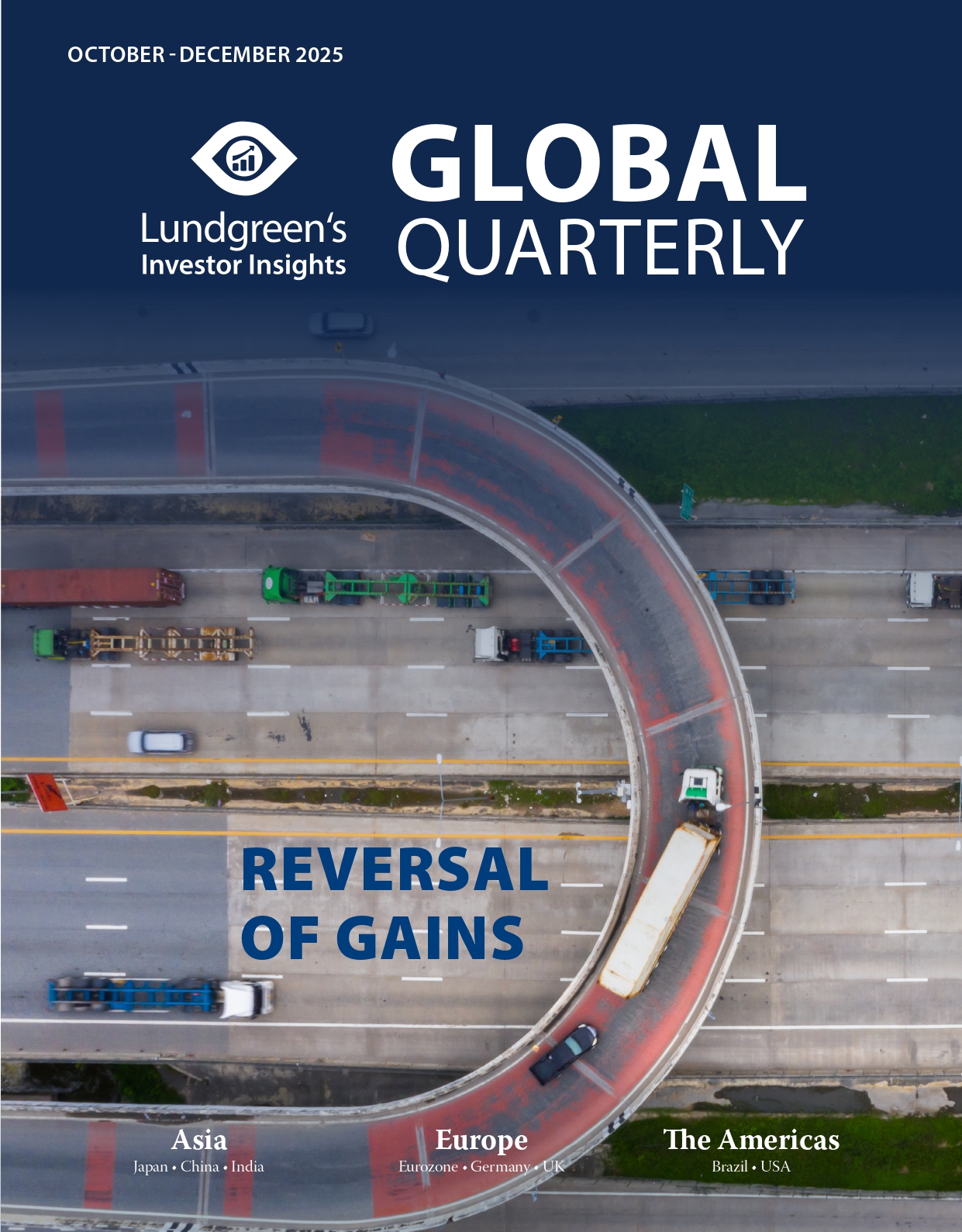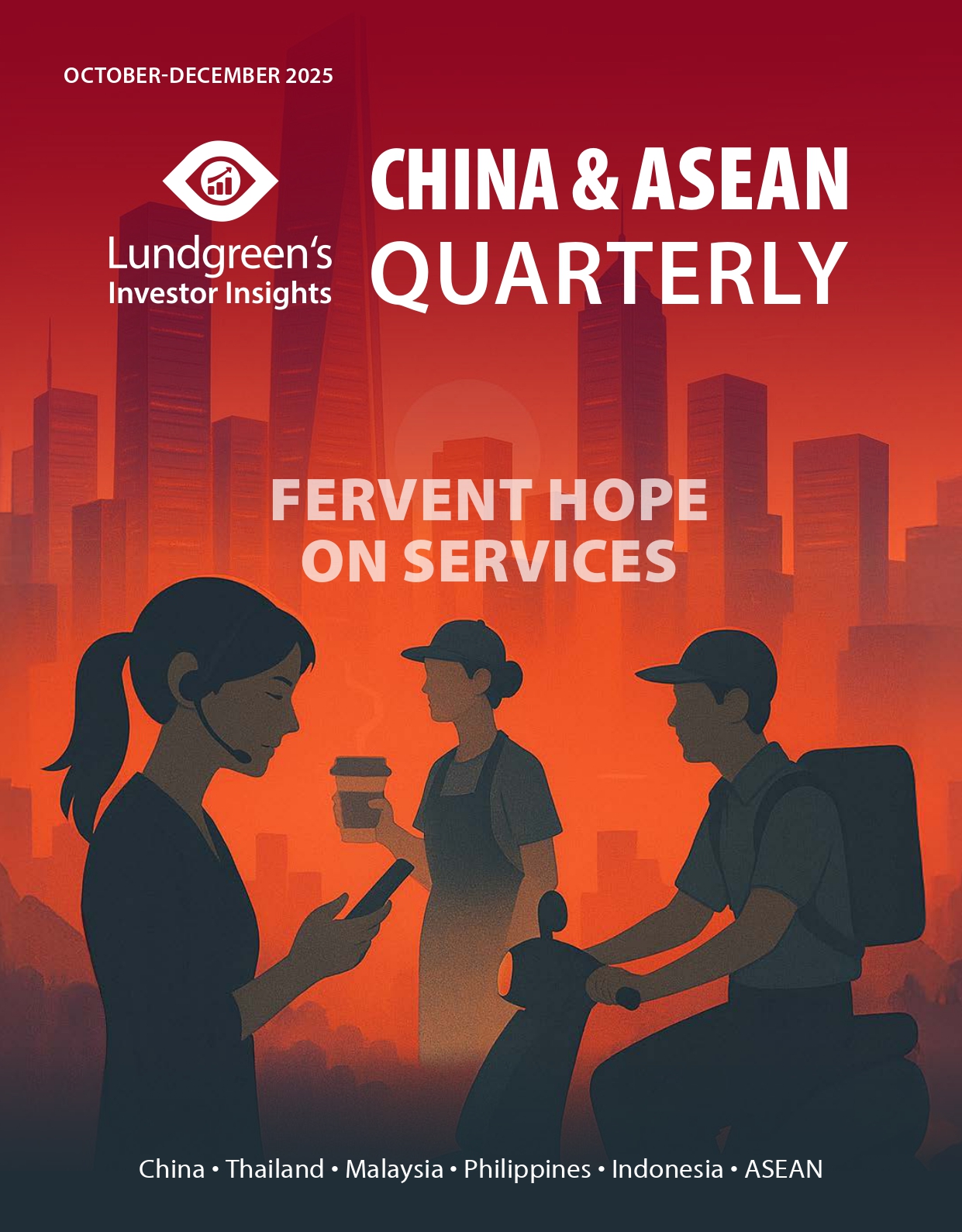Next Week in China: 20-24 October 2025
Major Data Releases:
- 20 October: China to held press conference on third-quarter economic performance
- 20 October: China’s 20th Central Committee to hold plenary session until 23 October
- 20 October: China to report October 1-year and 5-year loan prime rates (LPR)
- 20 October: China to report September industrial production level and capacity utilization rate
- 20 October: China to report September energy production
- 20 October: China to report September investments in fixed assets (excluding rural households)
- 20 October: China to report September real estate investments
- 20 October: China to report September total retail sales of consumer goods (TRS)
- 20 October: China to report September home price movements
- 21 October: China to report value-added of major industries in Q3 2025
Next week is set to be significant for economic data releases in China, including third-quarter GDP figures. Beyond the data, the Fourth Plenary Session of the 20th Central Committee will draw considerable attention, particularly the review of the economy’s Five-Year Plan.
For retail sales, we estimate that September consumption grew by 3.2 per cent year-on-year, slowing from 3.4 per cent in August. The push from “trade-in” subsidies has weakened at the margin while public funding has been reduced to RMB 138 billion (USD 19 billion), lower than RMB 162 billion (USD 22.7 billion) in the first semester and RMB 150 billion (USD 21 billion) in 2024. Also, the first wave of trade-in subsidies pulled forward some demand to create a high base. Current period sales will also likely be slower since the replacement of large durable goods by households is a one-off. We believe restrictions on official spending have, to some extent, reduced demand for banquets, hitting mid-to-high-end consumption harder and pulling revenues down. October is peak season for auto sales, but it will grow at a slower pace of 2 per cent year-on-year and drag down by price discounts.
Fixed asset investment growth is likely to remain weak, and we estimate investments flat during the January-September period (previous: +0.5 per cent). Although exports remain resilient, tariff uncertainties may partially dampen corporate investment appetite. Large-scale equipment upgrades are also seeing marginally reduced funding support pending renewed assistance. Overall, manufacturing investment growth may slow, and we expect cumulative year-on-year growth for January-September to be around 4.1 per cent (previous: 5.1 per cent). Despite better PMI figures for new orders last month, we expect broad infrastructure investment in September to post a softer growth of around 4 per cent (previous: 5.4 per cent).
We expect a downward adjustment in interest rates in October. The 5-year LPR is likely to drop by 20-30 basis points and mortgage rates may fall below 3 per cent. With rising global trade uncertainty and third-quarter GDP growth likely to ease to 4.7 per cent from the previous’ 5.2 per cent, there is greater need for stronger policy support to meet China’s full-year growth target of 5 per cent by way of cheaper borrowing costs.
China stocks moved lower week-on-week amid reignited trade tensions with the US. As of Thursday, 16 October, the MSCI China Index had fallen 1.39 per cent. The Shanghai Composite Index increased by 0.49 per cent, while declines were recorded for the Shenzhen Component Index (-2.01 per cent) and the ChiNext Index (-2.44 per cent). Large-cap stocks outperformed small and mid-cap stocks, while value stocks largely outperformed growth stocks.
Overall, the impact of renewed tariff concerns on A-shares is expected to be weaker than the market reaction in April. This may affect risk appetite in the short term to potentially amplify or the market correction that began in late August. However, the upcoming release of China’s new Five-Year Plan, the sustained positive fundamentals in high-growth sectors like technology, and the relatively reasonable valuation range of A-shares suggest that the current market environment is more conducive to a steady upward trajectory in the long term.
This piece has been co-produced with Yiyi Capital Limited in Hong Kong, a China specialist and a part of a global financial services group.








